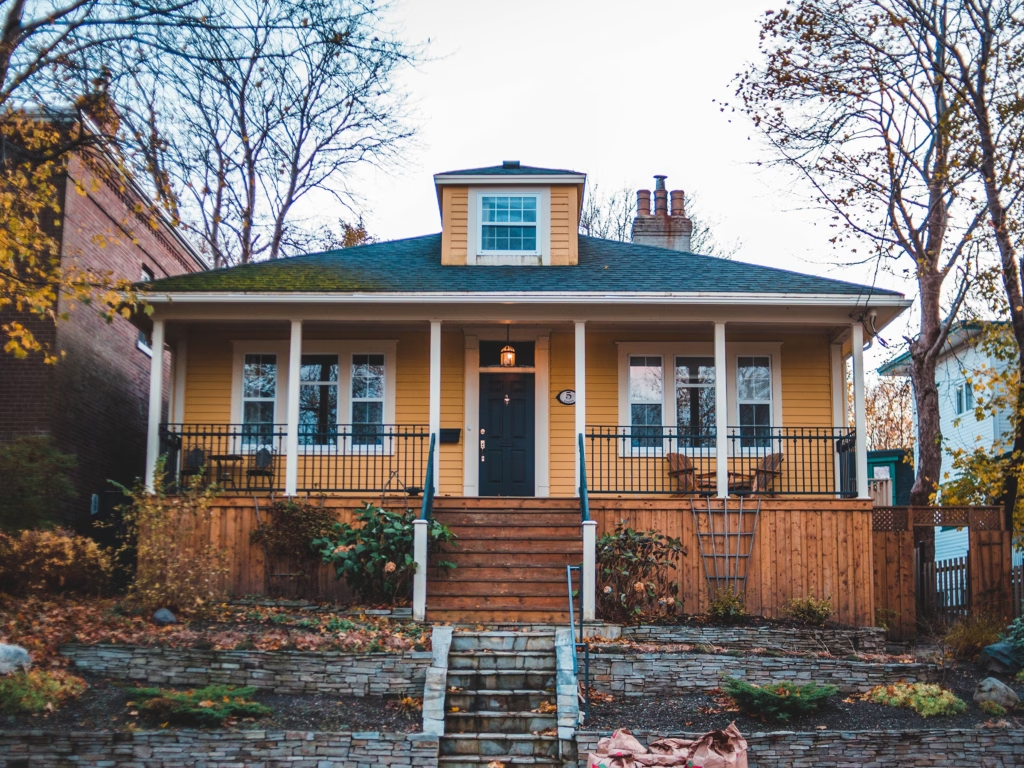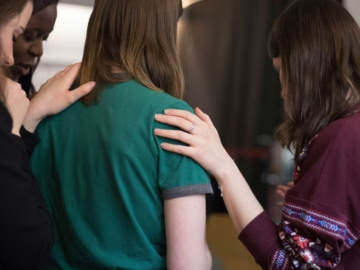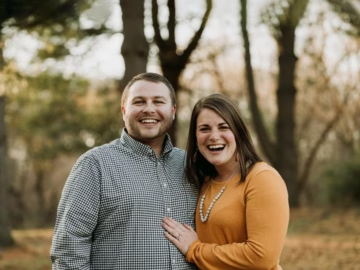
The heat of summer was in full swing in Dearborn, Michigan, where I was serving as a Kingdom Professional with BIC U.S. World Missions. I had just returned from some time with family at home in Pennsylvania and was helping my church invite neighbors – many of whom were Arab-Americans – to a backyard kids club. Think Vacation Bible School but on a much smaller scale in someone’s backyard.
In the middle of passing out flyers to my neighbors, Fatin* came over to show me how her husband had trimmed a bush for me in my backyard and then showed me how many tomatoes had grown in my garden since I had been away. She began to pick and shove the tomatoes in my quickly filling arms. While these actions could be perceived as helpful, I knew that in the honor-shame culture she came from, these were not generous acts. Barely able to contain the tomatoes in my arms, I walked back to my house discouraged by the challenges of living in an honor-shame culture.
Life in Little Arabia
The Kingdom Professional role for BIC World Missions is a cross-cultural role of intentional, strategic, and immersed living and working among a different culture group so that culture group can experience the good news that the Kingdom of God is at hand. Working in Dearborn, Michigan, where I found myself living next to people from Lebanon, Iraq, and Yemen, I could easily surround myself with Arab people, Arab culture, and the Arabic language.
My priority was building relationships with people, and my yard was definitely not the pristine spot some of my neighbors would hint that they wanted.
Dearborn is home to the largest concentration of Arabs in the U.S., a legacy that started with Henry Ford. As Ford expanded his business in Dearborn, so did his need for workers. As his Arab employees (mainly from Lebanon) realized the opportunities for their family, more and more moved there. As the population grew more Arab-concentrated, the surrounding area began to reflect the Arab culture.
Dearborn today can truly be described as Little Arabia. The store fronts are written in Arabic and English, it’s not uncommon to meet a neighbor who only speaks Arabic, and the call to prayer from the Mosques can be heard from certain parts of Dearborn.
Living among Arabs had both amazing benefits and frustrating challenges. When the Iraqis next door would barbecue, they would always send me over a plate. I spent a lot of time on different neighbors’ porches hearing stories from their lives, perspectives on world events, and traditions from Islam.
At the same time, Arab culture usually includes staying up late and keeping the yards immaculate. Those late nights could be fine unless they included fireworks and I had an early alarm clock time for my shift at the hospital the next day. My priority was building relationships with people, and my yard was definitely not the pristine spot some of my neighbors would hint that they wanted. And, as someone outside the culture, I constantly monitored that my behavior didn’t unintentionally shame someone.
Before moving to Dearborn, I had been well-prepared with reading material and stories of other’s experiences in honor-shame cultures. But there are some things that you can only learn through experience. In honor-shame cultures, reputation and outward appearances are your currency and power. In a culture that depends less on what’s written and contracts, your reputation determines your trustworthiness and holds power for every relationship.
Returning the Honor to God
While my lawn care was viewed as a disgrace, being a healthcare professional provided me with some honor in the eyes of my neighbors; taking in a Syrian refugee provided even more.
I have already been given so much… I do for her because God did it for me first.
While I’d had Omani university students living with me for some time, by providing housing to Hanifa, a Syrian woman with health struggles, my neighbors respect for me increased a thousand-fold. My nursing background helped to give me insight into Hanifa’s particular situation and allowed me to be able to care for her post-operatively. Though she herself was rather reclusive, my neighbors would make an effort to include her in their activities. My Omani roommate became involved as well and was not shy to share with our neighbors what happened in the house. While I wasn’t seeking applause, her reports gave me more opportunities with my neighbors.
One cool fall evening, I sat on the porch of Aya* and “Bill.”* (I never did learn his non-Americanized name). They were friends with Fatin, and their porch was a popular hangout spot for a few neighbors. They asked about Hanifa, and I updated them about her recovery from a recent surgery. After some bewailing about how they wish Hanifa would interact with them more and stop being so shy, they began to comment on how kind it was for me to take her in.
“You will be given so much for heaven!” they exclaimed.
“I believe differently,” I responded. “I have already been given so much. As a Christian, I believe that God has already blessed me so much and has granted me favor by inviting me into his house where he is caring for and healing me. I do for Hanifa because God did it for me first.”
This gave them pause as I passed my honor on to God, the true source of all honor, but soon we were conversing again about the various things of life. Moments like that were small and fleeting, but I know that my living as a Kingdom Professional has planted the seeds of the Gospel in each of my neighbors’ lives.
*Some names changed for privacy.


